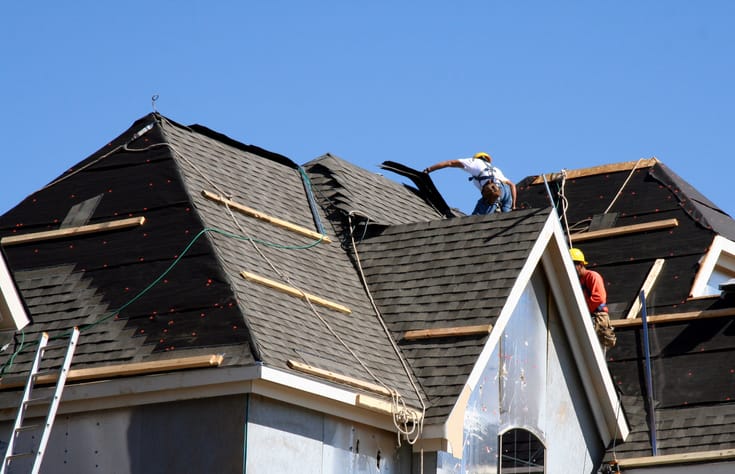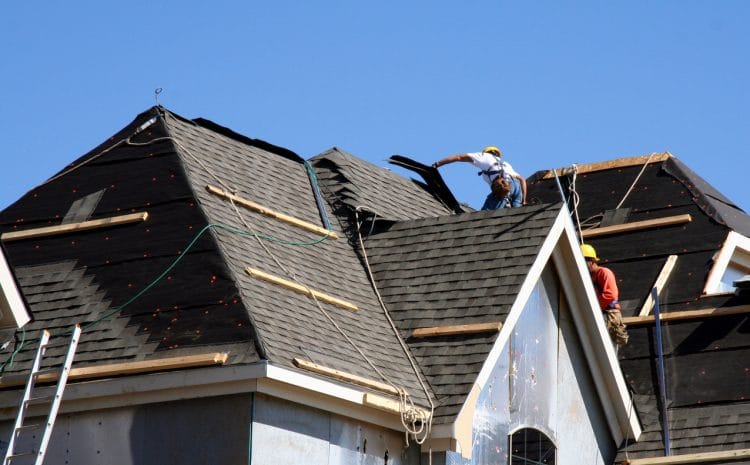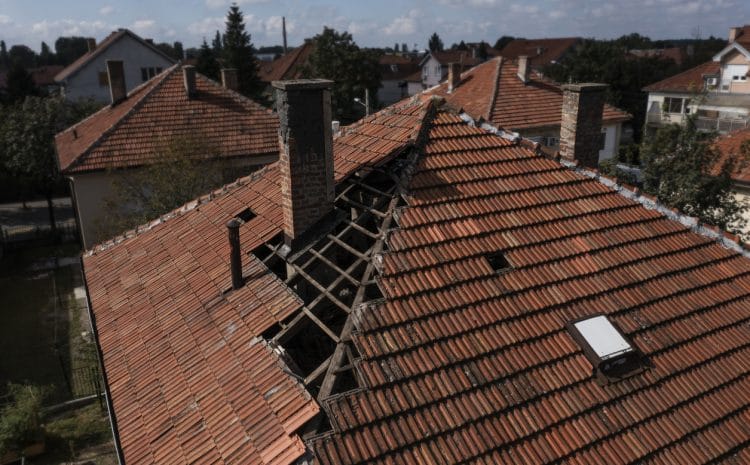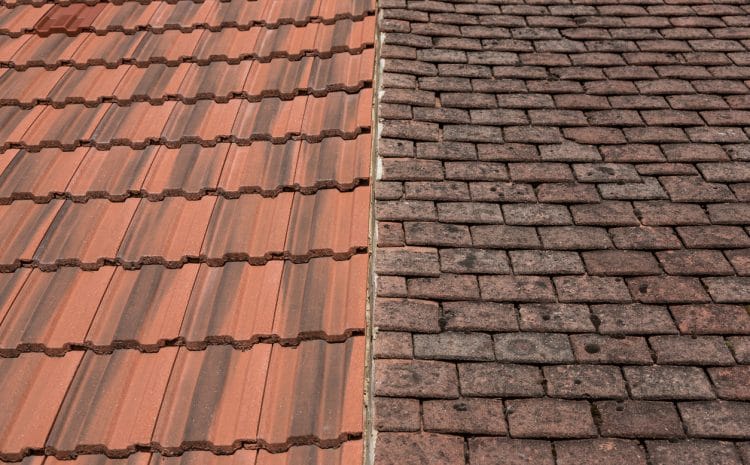What Is a Roofing Contractor? Role, Responsibilities, and More

The roof over your head is more than an accumulation of shingles; it is your home’s first line of defense against the elements.
With its health and longevity at stake, trusting the right expert matters.
This article will demystify what is a roofing contractor, so you can understand exactly what they do and how to make a well-informed decision for your home or company.
What Is a Roofing Contractor?
A roofing contractor is a dedicated expert or business that specializes exclusively in the installation, repair, and maintenance of roofs.
Their work is more than just hammering shingles into place. They are knowledgeable about intricate roofing systems, different materials, and regional building codes.
And, honestly?
Picking the right pro for the job is everything.
So, what’s the real deal with roofing contractors?
Let’s peel back the curtain here.
What Does a Roofing Contractor Do?
People think roofers just slap up some shingles and call it a day.
No, it’s way more complex.
These folks are basically the surgeons of the construction world—except with more ladders and less anesthesia. They know materials inside and out, keep up with local building codes (so your roof doesn’t blow off in a stiff breeze), and can spot trouble before it drains your wallet.
Here’s what’s actually on their to-do list:
- Roof Inspections: They get up there, poke around, spot leaks, and flag anything that looks dicey.
- Detailed Estimates: Not just a ballpark figure scrawled on a napkin. We’re talking breakdowns—materials, labor, what’s getting fixed.
- Material Recommendation: They’ll tell you if you need classic asphalt, fancy metal, or something hurricane-proof, and then go get it for you.
- Installation & Repair: All the hands-on stuff—installing, patching, flashing, making sure nothing leaks when it rains sideways.
- Safety Stuff: They follow rules (and wear those weird harnesses) so no one ends up in your living room via the ceiling.
- Permits & Codes: They wrangle paperwork so you’re not getting nastygrams from the city.
- Cleanup: Ideally, they leave your yard looking like nothing happened—no screws in your driveway, no shingle bits in your flower beds.
- Warranties: They usually back up their work, so if something goes sideways, you’re not left holding the bag.
Bottom line: Good roofers know their stuff. They save you headaches, and their expertise is what really sets them apart.
Should You Go General Contractor or Roofing Specialist?
General contractors manage a bunch of stuff—plumbing, electrical, sometimes roofs. But they might just hire someone else to do the actual roofing. Meanwhile, a roofing contractor?
That’s their bread and butter.
They’ve seen every leak, every weird roofline, every code in the book.
And yeah, in places like Florida with hurricanes, you want someone who knows what they’re doing. Some GCs can pull it off, but a pro roofer has the local know-how so your roof doesn’t turn into a kite at the first big storm.
Can a general contractor do roofing? Yes—but only if they have the proper experience and licensing.
Can a general contractor do roofing in Florida? That depends on their Florida contractor’s license classification and whether it includes roofing services.
Insurance: Don’t Even Think About Skipping This
Look, this part isn’t optional. You wouldn’t let someone babysit your dog without a phone number, right?
Same deal with roofers—except it’s your entire house on the line.
So, what kind of insurance should a roofing contractor have? They typically need general liability insurance, workers’ compensation, and sometimes commercial auto insurance.

Here’s what you want them to have:
- General Liability Insurance: If they drop a hammer through your skylight, this pays for it.
- Worker’s Comp: If a worker takes a tumble, you don’t want to pay their hospital bill. This covers that.
- Bonding: Not a must for every job, but it means the contractor has some skin in the game to actually finish the work.
What insurance should a roofing contractor have? Always—seriously, always—ask for proof. Don’t just take their word for it. And call the insurance company if you want to be extra sure. If they dodge the question? Huge red flag. Move on.
In a nutshell? The right roofing contractor keeps you dry, stress-free, and not bankrupt if something goes wrong. Don’t settle.
Choosing Wisely: How to Deal with and Select the Proper Roofing Contractor
Knowing how to deal with roofing contractors helps protect your investment and avoid miscommunication. Here are steps to take to ensure you have the right professional:
- Get Multiple Estimates: Contact at least three different contractors and have them provide estimates, schedules to compare, and recommendations.
- Verify License and Insurance: Always verify their current license and certificates of insurance. This is non-negotiable.
- Check References and Portfolio: Ask for references for previous clients and to see their work. Online reviews can be helpful, too.
- Ask Pointed Questions: Don’t hesitate to ask them about their experience, who will be working on your roof, and how they obtain the project information.
Here are what questions to ask a roofing contractor, precisely:
- How long have you been in business?
- Are you licensed and insured in the state? (Ask for proof)
- What kind of warranty do you provide on materials and labor?
- What do you feel your estimated time frame would be for this project?
- How will you address any unexpected issues or hidden damage?
- What is your safety plan for the worksite?
- How will you protect my landscaping and property?
- Familiarize Yourself with the Contract: Review the contract closely and ensure it includes all terms, warranties, costs, and project milestones.
Here’s the guide: How to choose a good commercial roofing contractor
Finally, how to choose a good commercial roofing contractor involves checking their experience with commercial properties, financial stability, safety record, and warranty offerings.
Conclusion
Your roof is an important part of your home as it protects everything underneath it. When you are purchasing a service from a trustworthy roofing company, you are investing in your home and its safety, durability, and value.
By knowing their role, what questions to ask, and whether or not they have the credentials, you’ll have a hassle-free and successful roofing project.
Are you prepared to connect with trusted roofing professionals?
You are in the right place for Roof Contractor Referral Services and 411 Claims Assistance at any level of service. Our network connects you with registered professionals to meet any of your roofing needs. If you’re facing a Property Damage Claim in Florida, our specialists at 411 Claims Help will help you navigate the maze and get started with your claim.
Related article: How to Choose a Good Commercial Roof Contractor?
FAQS
How long does a roofing project usually take?
The duration of a roofing project depends on the size of the roof, weather conditions, and materials used. Most residential roof replacements take 1–3 days, while larger or commercial roofs may take a week or more.
Do roofing contractors work on weekends?
Yes, some roofing contractors work on weekends, especially to accommodate tight schedules or avoid bad weather delays. However, this varies by company and may include additional charges.
Is roof replacement tax-deductible?
Roof replacement is generally considered a home improvement and is not tax deductible. However, if it’s part of a rental property or energy-efficient upgrade, certain tax benefits may apply.
Should I stay home during roof replacement?
You can stay home during roof replacement, but it may be noisy and disruptive. For safety and comfort, some homeowners choose to leave temporarily.
How much does roof replacement cost on average?
Roof replacement costs vary based on materials, roof size, and labor. On average, it ranges from $5,000 to $15,000 for residential properties in the U.S.
What signs indicate I need a new roof?
Common signs include leaking, missing or curling shingles, sagging, moss growth, granule loss, and roofs over 20–25 years old depending on the material.
Can roofing contractors help with insurance claims?
Yes, many roofing contractors assist homeowners with storm damage insurance claims by providing inspections, documentation, and helping navigate the claims process.
What licenses should a roofing contractor have in Florida?
In Florida, a roofing contractor should hold a certified or registered roofing license issued by the Florida DBPR (Department of Business and Professional Regulation).
References
National Roofing Contractors Association (NRCA)
A trusted authority offering resources on roofing safety standards, best practices, and contractor education.U.S. Small Business Administration (SBA) – Federal Contracting Guide
Official guidance for small businesses on becoming federal contractors, including licensing and compliance procedures.



